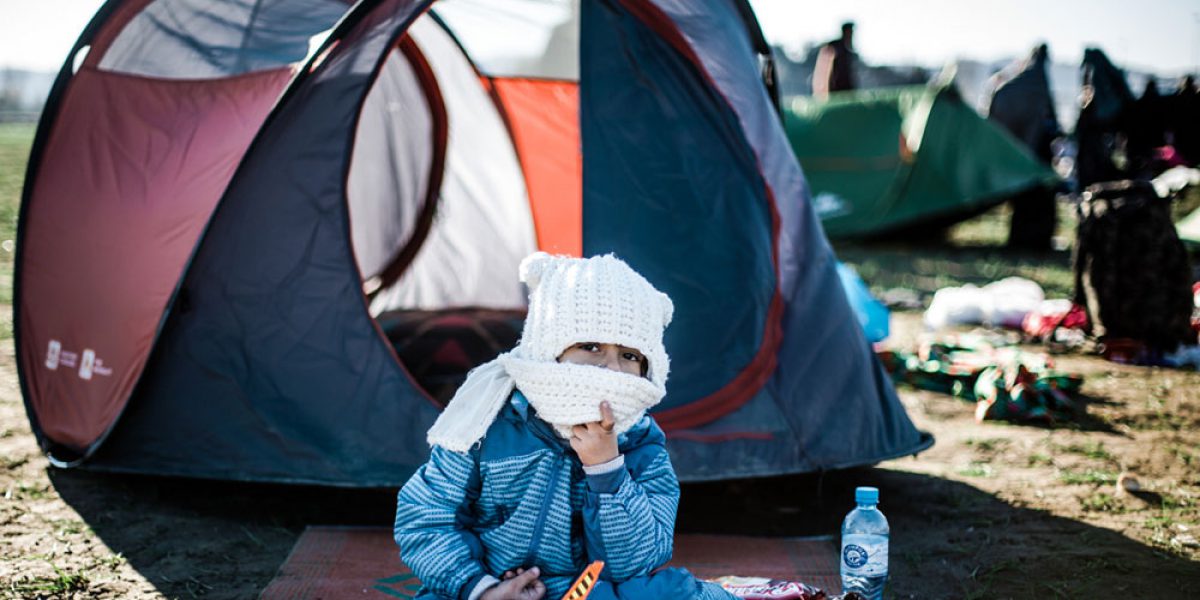Growing concerns over conditions for refugee children in Europe
12 February 2016

Brussels, 12 February 2016 – According to UNICEF there is an increasing number of both accompanied and unaccompanied migrant children arriving to Europe. As of 11 January this year children accounted for one out of every four migrants crossing the Mediterranean many traveling without their parents or caretakers. JRS calls upon Europe to ensure that these children are properly cared for according to their best interests.
In total, about 263,920 children made the perilous crossing over the past year, marking a shift that for the first time since 2008, there are more children and women coming to Europe than men. Europe now faces new challenges with more children arriving alone.
“These children face daily struggles during their most crucial years of development, from being separated from their family, to embarking across dangerous seas to being forced to construct new identities for themselves in the countries that receive them,” says JRS Europe advocacy officer Olga Siebert.
The Geneva Convention on the Rights of the Child (CRC) is intended to protect every child irrespective of their nationality, immigration status or statelessness. According to article 3(1) the best interests of the child should be a primary consideration of states when dealing with cases of minors. This same principle is enshrined in the EU Charter of Fundamental Rights. In 2008, the UN provided guidelines on Determining the Best Interests of the Child.
The situation of unaccompanied children remains particularly fragile in the context of the major conflicts in the world today and large-scale refugee movements since 2015. In many European countries, children remain in their initial reception facilities until they become adults. In some cases they are deported when they turn 18 as a report from the UK highlighted.
It is very difficult to get accurate numbers for unaccompanied and separated children, as formal registration procedures in some European countries do not allow for their identification. Many unaccompanied children do not want to be registered by the authorities because then restrictions under the Dublin Treaty would prohibit them from seeking asylum in other countries. Recently, Europol estimated that over 10,000 unaccompanied children have not been registered upon arrival in 2015 and have disappeared, raising fears for their safety.
Access to protection should be guaranteed through opening more safe and regular channels, such as humanitarian visas, resettlement or family reunification procedures. So many children would then not be forced to take dangerous journeys. Safe and regular channels would take business away from the criminal activity that surrounds migration such as trafficking and severe labour exploitation. Moreover, JRS Europe reaffirms that the best interest of the child should always be each Member State’s primary consideration.
Links:
Greece/Macedonia: Asylum Seekers Trapped at Border report from Human Rights Watch, 11 February 2016
Safe and regular channels would take business away from the criminal activity that surrounds migration such as trafficking and severe labour exploitation.
